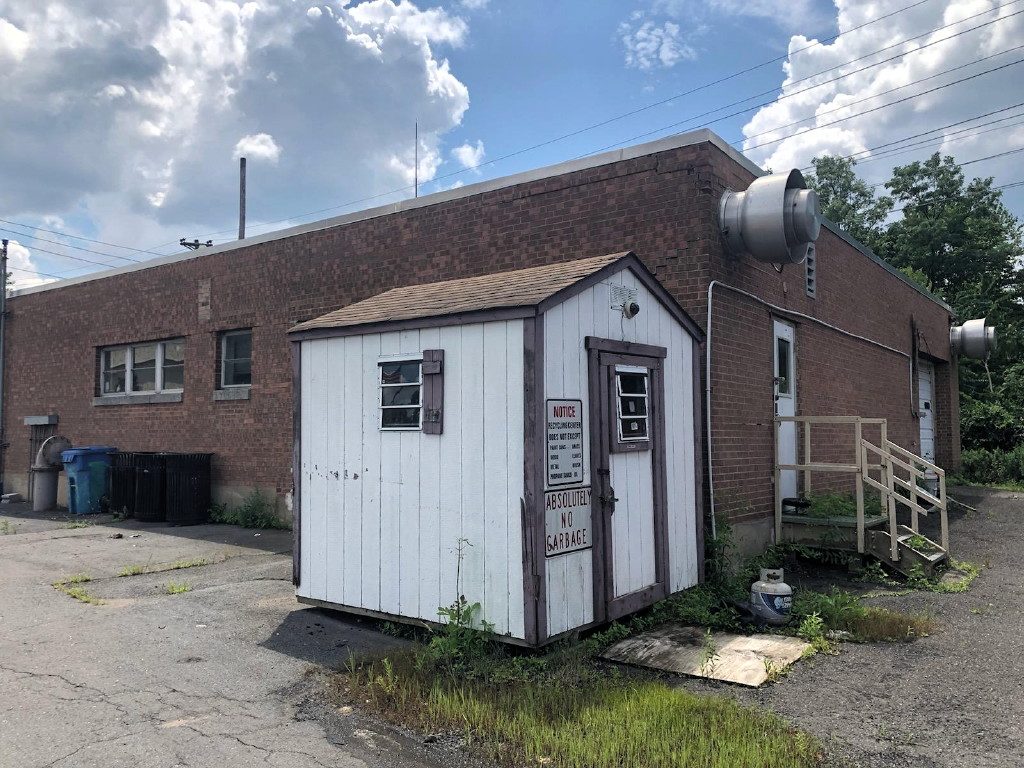If all goes well, a new pump station, which will service both Metuchen and Edison, will be up and running in a year-and-a-half.
The Metuchen Borough Council moved to amend a bond ordinance for the construction of the new pump station at a meeting on March 8 to reflect an increase of the final design and engineering cost estimate of the whole project by $1.16 million. The total bond ordinance is now $5.26 million from $4.1 million, which was approved in February 2020.
“We are now at the stage of final design and we’re about to submit the plans to [the New Jersey Department of Environmental Protection (DEP)] and the New Jersey Infrastructure Bank for financing,” said Jay Muldoon, the borough’s director of special projects. “The increase is related to several things. Primarily when the feasibility study was done over two years ago, in any kind of project like this, you have some initial assumptions regarding size of the pump station, location where it’s going to be and so the initial estimate was based on the feasibility study. As you move through your process and things become real you find out what is actually needed and there might be additional chambers, surge releases, valves and additional things that weren’t anticipated in the beginning.”
Muldoon further said in a meeting with the Middlesex County Utilities Authority (MCUA), they incorporated some changes regarding separation from the flow from Edison and Metuchen.
In addition, overtime construction costs increased 5.4%, he said.
The new station will replace the Edison Pump Station and the Metuchen Jersey Avenue Pump Station and will be built between the two existing stations.
The design and installation of the associated measuring devices and/or meters required to measure the combined flow from Edison and Metuchen pumped to the MCUA for treatment and disposal would eliminate the need for each municipality to upgrade and/or replace its own pumping station and eliminate the current practice of double pumping of wastewater.
The two municipalities officially entered a shared services agreement in July 2019 for the design and construction of a new single sewage pumping station, which will be owned, operated, maintained and managed by Metuchen.
“This is not exactly the sexy work we do in local government,” Mayor Jonathan Busch said. “Building a pump station is essential especially for some people on that side of town who had some issues as a result of a failing pump station that we own and a completely broken pump station that Edison has. If we were doing this on our own, we would be bonding this and paying the whole thing by ourselves. Because we’re sharing this with Edison, Edison is paying for half of [the project]. This is a great, great example of local governments working together and we appreciate Edison in being a partner on this.”
As part of the process, an invoice will be sent to Edison for bond payments.
Once DEP approvals are met, Muldoon said they will garner authorization to go out to bid.
“We’re expecting [DEP] approval hopefully in two months and based on that we want to have bids due some time in June and award within a month after that,” he said, noting all authorizations require council action. “We could start construction in the fall and it’s going to be about a 12 to 15 month construction process.”
Since the 1950s, the Metuchen sewage pump station on Jersey Avenue and the Edison pump station located in Metuchen less than 500 feet away processed sewage for both municipalities.
The flow to the pumping stations was all intermingled, but a shared services agreement was never made, officials said.
Both pump stations are nearing their useful lives and are in need of replacements. The Metuchen Jersey Avenue Pump Station was constructed in the late 1950s and the Edison Pump Station was built in 1955.
The borough has two pump stations located on Orchard Street and Jersey Avenue. Officials have said the Jersey Avenue station averages about 2 million gallons of sewage per day which moves down Durham Avenue and joins sewage water from Edison behind the Pines Manor and eventually makes its way to the Sayreville Water Treatment Plant.
Officials have said they do not expect any disruption of service when the construction of the new station begins.

